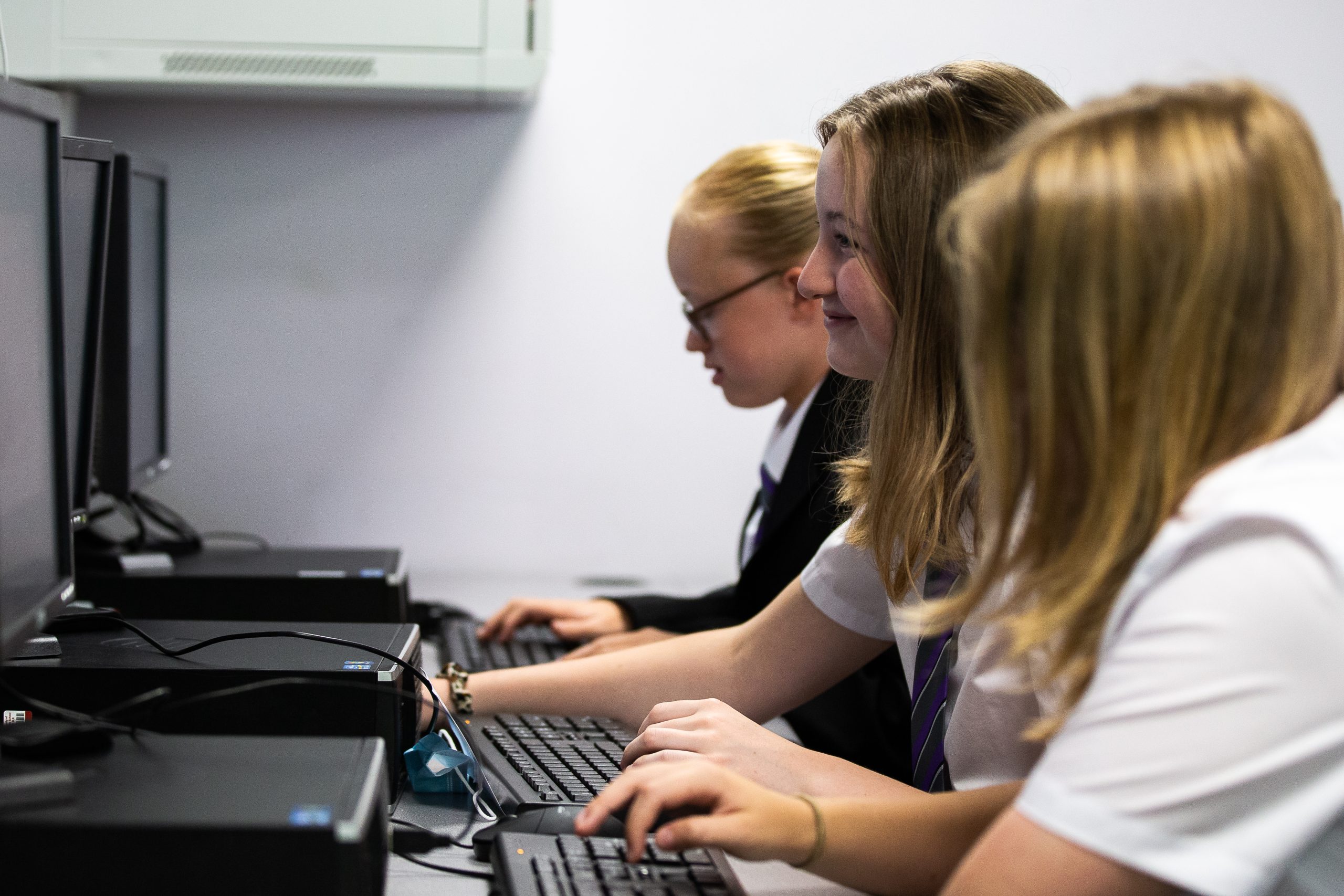
Bilingualism / Dwyieithrwydd
Why choose a Welsh education?
One of the main benefits, is that children become proficient in Welsh through being immersed in the language by the end of secondary school. This can be a real asset in the Welsh job market, where more opportunities are open to Welsh speakers.
There are also educational benefits in learning two languages, with research showing that it helps develop cognitive skills. Children in Wales who fully immerse themselves in the learning of Cymraeg often have superior writing skills and find it easier to learn other languages as they get older, due to their grounding in two languages.
Welsh schools aren’t just about language; children also learn about, and become a part of, the country’s culture. For example, many Welsh schools compete in the Urdd Eisteddfod, an annual national youth arts festival, with children showing off their skills in disciplines ranging from dramatic presentation to street dance.
Literacy
Here you will find Literacy information for pupils and parents.
Completing a piece of writing? Remember to check our expectations when you proofread your work.
Expectations for Writing
Take ownership of your literacy skills



Numeracy
The Numeracy Framework in the new curriculum for Wales intertwines mathematical skills into all areas of learning, ensuring students apply these competencies across varied contexts and subjects. It aims not merely to foster mathematical understanding but also to apply these skills practically and relatably in real-world situations.
Adopting the Numeracy Framework enriches students’ numerical and analytical abilities, making learning more engaging and relevant to everyday life. It not only mitigates math anxiety by showcasing the tangible applications of mathematics but also prepares pupils to navigate a world that demands robust numerical skills and critical thinking.
Digital Competency Framework
The Digital Competency Framework, embedded within the new curriculum for Wales, is pivotal in equipping students with the essential digital skills required in our technologically-driven world. This framework seeks to enhance students’ capacities in utilising, understanding, and creating with digital technologies across all areas of learning. The ultimate aim is to foster a comprehensive digital literacy, ensuring pupils are adept at safely and critically navigating, contributing to, and interpreting the digital world, thereby preparing them for an increasingly interconnected and digitalised future.
DCF Skills Areas:


